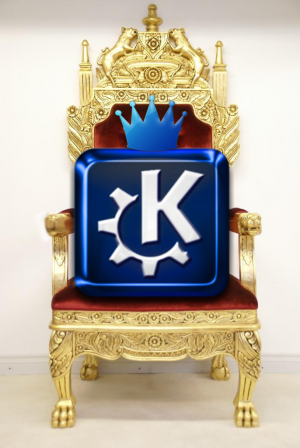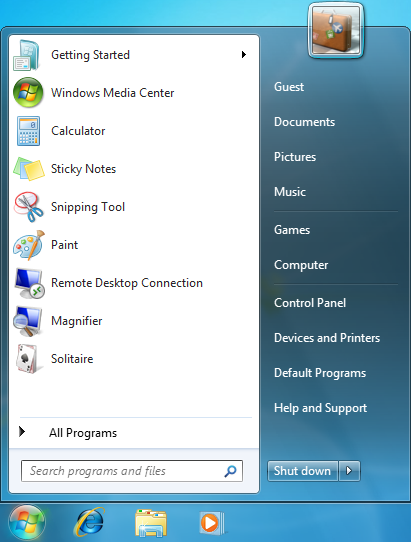The user base for Linux has changed dramatically over the past five years or so, which is yet another sign that the OS is gaining traction on the desktop.
Twelve years ago, when I first started using Linux, about the only people firing up the penguin to accomplish day to day chores were hard core technological geeks. The command line ruled, so much so that many Linux users knew more bash commands than words in their native languages.
Back then, most Linux users were drawn to the operating system precisely because it wasn’t dumbed down and because it put incredible power and stability at their fingertips. Linux was first and foremost a command line operating system. Even a newbie friendly distro such as Mandrake was going to require the occasional opening of a terminal to do some down and dirty work on a text screen.
Christine Hall has been a journalist since 1971. In 2001, she began writing a weekly consumer computer column and started covering Linux and FOSS in 2002 after making the switch to GNU/Linux. Follow her on Twitter: @BrideOfLinux


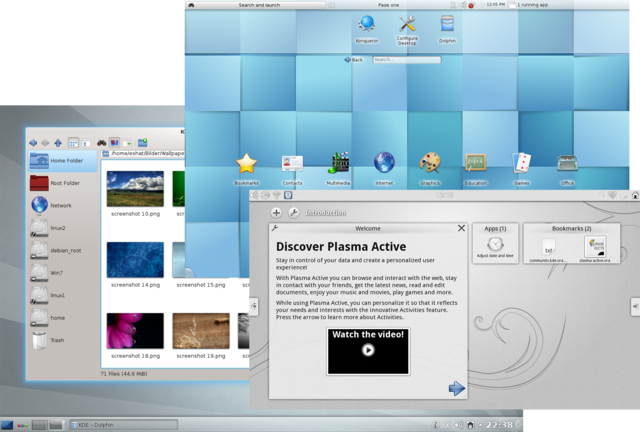
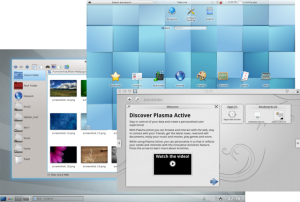

 Jaimee is a bright young lady. She attends a magnet school for the gifted and accelerated students in the Dallas/Fort Worth area. She lives with her aunt during the school year and comes home to her family during the summer months. She will be a senior this coming school year and she is focusing on a career in physics. The entrance exam for this magnet school is brutal.Think of it as SATs on steroids. And this is just the high school.
Jaimee is a bright young lady. She attends a magnet school for the gifted and accelerated students in the Dallas/Fort Worth area. She lives with her aunt during the school year and comes home to her family during the summer months. She will be a senior this coming school year and she is focusing on a career in physics. The entrance exam for this magnet school is brutal.Think of it as SATs on steroids. And this is just the high school.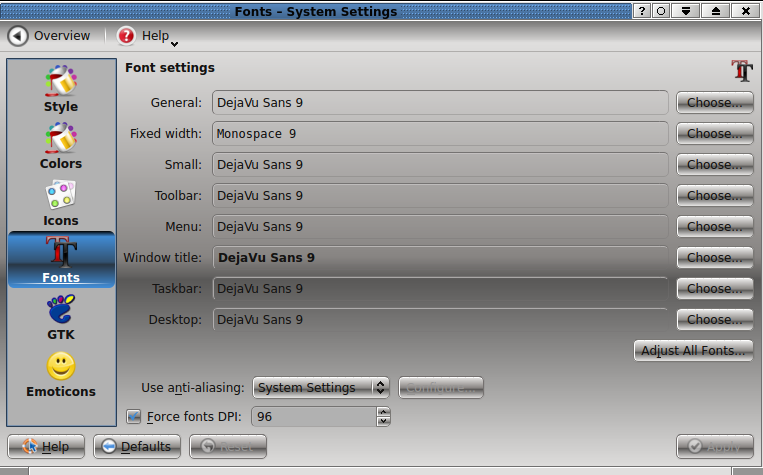


 According to the results of our FOSS Force Desktop Poll, our readers prefer KDE over any other desktop environment by a wide margin. In fact, all other desktops were practically left at the gate.
According to the results of our FOSS Force Desktop Poll, our readers prefer KDE over any other desktop environment by a wide margin. In fact, all other desktops were practically left at the gate.
 The very first prospect took the tour with me and my dad. We were showing him some of the out buildings of which the tack shed was one. When the buyer pulled out one of the trace harnesses, it had a broken coupler and the leather was cracked up and down the trace.
The very first prospect took the tour with me and my dad. We were showing him some of the out buildings of which the tack shed was one. When the buyer pulled out one of the trace harnesses, it had a broken coupler and the leather was cracked up and down the trace.